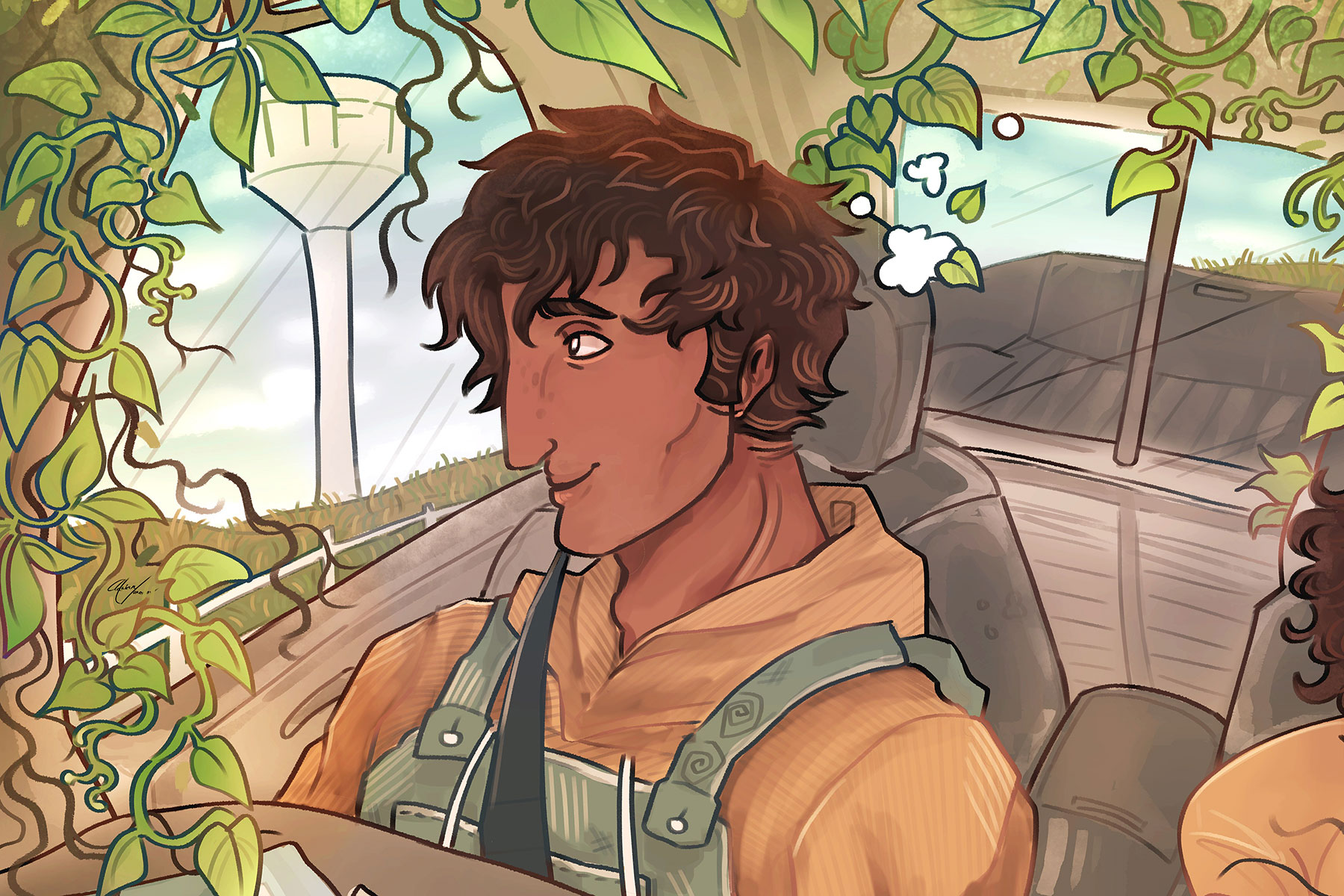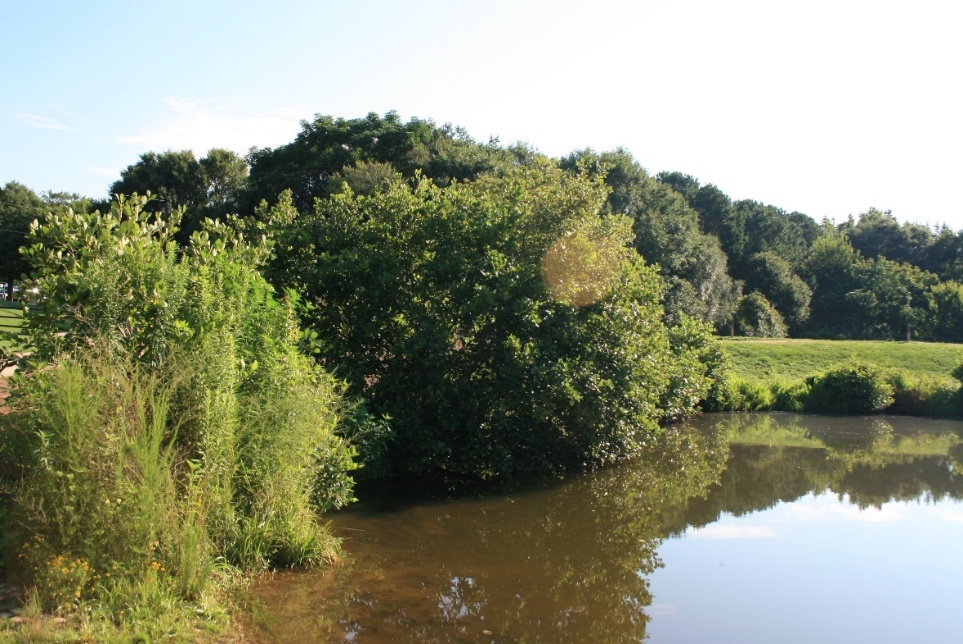By Bob Westerfield
University of
Georgia
As the days get hotter and drier, keep a watchful eye on your
vegetable garden. Careful attention to a few details will help
your garden produce a bountiful harvest all summer.
Focus your attention on water management first. Most gardens
need at least 1 inch of water per week. If it doesn’t rain,
apply a half-inch of water twice a week.
Some vegetables may need a little more water, depending on the
soil type and temperature. If you can, use soaker hoses or drip
irrigation to avoid wetting the foliage. Wet foliage can lead
to diseases.
Overhead irrigation is okay if it’s all you have. As with all
watering, though, run irrigation at night or in the early
morning hours so as to allow the plants time to dry during the
day.
Using a watering can or hose can be effective ways to water
small gardens. They make it easy to target the moisture directly
to the plant, and no water is wasted between the rows.
Weed and mulch
Water isn’t the only thing you need to stay on top of this
summer. Attention needs to be focused on weeds, too. They can
rob moisture and nutrients from vegetables and create
competition for space.
It’s always easiest to control weeds when they are young and not
yet fully rooted. Hand-pulling and hoeing are still the most
effective ways to do this task.
Small mini-tillers can be used to quickly chew up weeds found in
vegetable rows. Be very careful not to get too close to the
plants and injure their roots. For safety’s safe, I till the
middle of the rows and then hand-weed closer to the plants.
After weeding, place a few inches of pine straw, wheat straw,
old wood chips or other mulch material around your plants to
help conserve moisture and keep weeds away.
I use about three sheets of newspaper around my tomato, pepper
and squash plants as a base mulch. Then I cover the paper with
straw to provide an extra layer of protection against weeds. The
newsprint eventually breaks down into organic matter.
Be careful when using grass clippings as mulch, as many people
do. You may be introducing more weed seeds into your garden than
you ever imagined. Especially if your lawn contains weeds and
weed seed heads.
Watch for good, bad bugs
Don’t forget to scout your garden for pest problems.
Tomatoes, especially, have a hard time with disease in Georgia’s
hot, humid climate. Hand-pick any infected, suspicious-looking
leaves. Remove plants completely that are heavily infected with
disease. Take samples to your University of Georgia Extension
Service county agent if you need help identifying a problem.
Insects can attack your garden during the heat of the summer,
too. Inspect your plants carefully for signs of insect damage.
Be sure to check the underside of leaves and fruits, as insects
often hide there to take advantage of the shade.
Remember that most insects in the garden are actually beneficial
and cause no problem to your plants. Make sure you properly
identify the insect pest before you spray an insecticide. Again,
your county extension agent can help you develop a control
regime. Sometimes hand-picking bugs is all it takes if only a
few harmful insects are present.
Finally, harvest vegetables as soon as they’re ripe. Leaving
them on the plant too long will lead to poor quality and attract
more diseases and insects.
Picking squash, okra and indeterminate tomatoes frequently can
also extend your harvest. If you allow the fruit to stay on the
plants too long, they’ll actually shutdown production.




